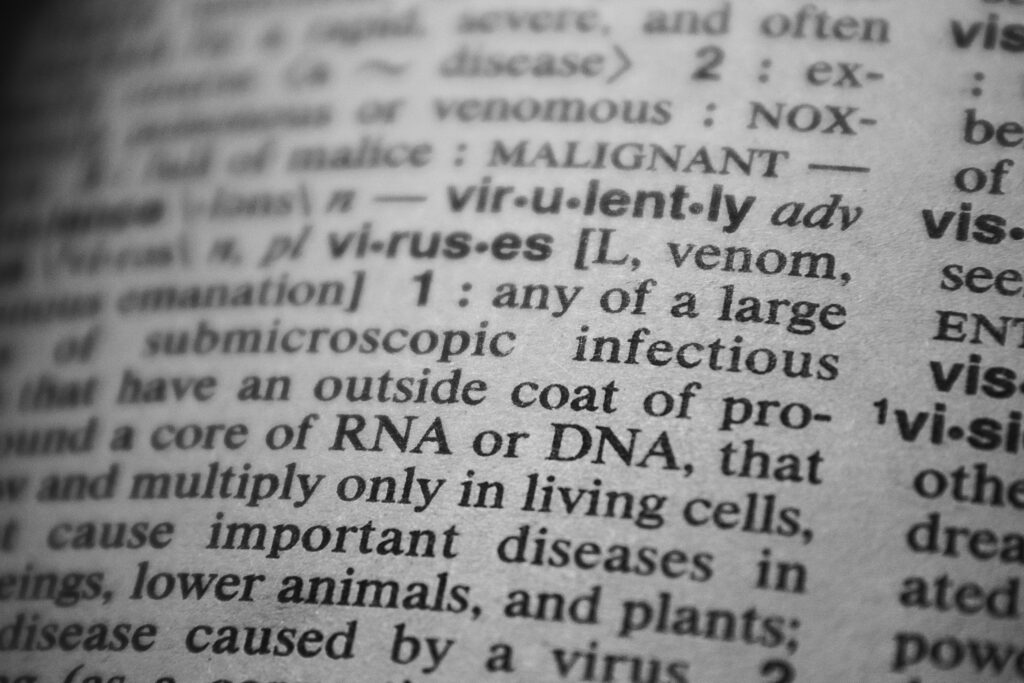Eczema is a condition in which patches of skin becomes inflamed, itchy, cracked, and rough. Some types can also cause blisters as well.
Atopic dermatitis is the most common type, which is frequently referred as eczema. The term atopic refers as a collection of conditions that involve the immune system, including atopic dermatitis, asthma, and hay fever. The word dermatitis is referred as inflammation of the skin. Certain foods, such as nuts and dairy products, can trigger symptoms of eczema. Environmental triggers can include smoke, pollen, soaps, and fragrances. And, eczema is not contagious.
Some people outgrow the condition, while others will continue to have it throughout their adulthood. This article will explain about eczema, its symptoms, causes, and treatments.
Symptoms
The symptoms of atopic dermatitis can vary depending on a person’s age, condition’s severity and it can vary by individual.
General eczema symptoms
In most cases eczema symptoms are mild. The most common symptoms of atopic dermatitis includes:
- dry, scaly skin
- skin flushing
- itching
- open, crusted, or weeping sores
People with severe eczema may need more intensive treatment to relieve the symptoms. Continuous rubbing and scratching can also lead to occur skin infections.
Infant eczema symptoms
The following atopic dermatitis symptoms are common in babies under the age of 2 years:
- rashes on the scalp and cheeks
- rashes that bubble up before leaking fluid
- rashes that can cause extreme itchiness, which may interfere with sleeping
Childhood eczema symptoms
The following atopic dermatitis symptoms are common in children age 2 years and above:
- rashes that appear behind the creases of elbows or knees
- rashes that appear on the neck, wrists, ankles, and the crease between the buttocks and legs
- bumpy rashes
- rashes that can become lighter or darker
- skin thickening, also known as ‘lichenification’, which can then develop into a permanent itch
Most people with the condition develop it before the age of 5 years. An estimated 60% of children will no longer show symptoms by their adolescence.
Symptoms in adults
The following atopic dermatitis symptoms are common in adults:
- rashes that are more scaly than those occurring in children
- rashes that commonly appear in the creases of the elbows or knees or the nape of the neck
- rashes that cover much of the body
- very dry skin on the affected areas
- rashes that are permanently itchy
- skin infections
Adults who had atopic dermatitis as children but no longer experience the condition may still have dry or easily irritated skin, hand eczema, and eczema on the eyelids.
The appearance of skin affected by atopic dermatitis will depend on how much a person scratches and whether the skin is infected. Scratching and rubbing can further irritate the skin, increase inflammation, and make the itching worse.
Causes
Researchers do not know the actual etiology of eczema, but many health professionals believe that it develops from a combination of genetic and environmental factors.
Children are more likely to develop eczema if a parent has it or another atopic condition. If both parents have an atopic condition, the risk is even higher.
Some environmental factors may bring out the symptoms of eczema. These include:
- Irritants: These include soaps, detergents, shampoos, disinfectants, juices from fresh fruits, meats, and vegetables.
- Allergens: Dust mites, pets, pollens, and mold can all lead to eczema. This is known as allergic eczema.
- Microbes: These include bacteria such as Staphylococcus aureus, viruses, and certain fungi.
- Hot and cold temperatures: Very hot and very cold weather, high and low humidity, and perspiration from exercise can bring out eczema.
- Foods: Dairy products, eggs, nuts and seeds, soy products, and wheat can cause eczema flares.
- Stress: This is not a direct cause of eczema, but it can make the symptoms worse.
- Hormones: Females may experience increased eczema symptoms when their hormone levels are changing, such as during pregnancy and at certain points in the menstrual cycle.
Treatments
Currently, there is no cure for eczema. Treatment for the condition aims to heal the affected skin and prevent flares of symptoms. Physicians will suggest a treatment plan based on an individual’s age, symptoms, and current state of health. For some people, eczema goes away over time. For others, it will be a lifelong condition.
Home remedies
There are several things that people with eczema can do to maintain skin health and alleviate symptoms. Such as,
- taking lukewarm baths
- moisturizing every day
- wearing cotton and soft fabrics
- using a mild soap or a non-soap cleanser when washing
- learning and avoiding individual eczema triggers
- keeping fingernails short to prevent scratching from breaking the skin
Moreover, people can try various natural remedies for eczema, including aloe-vera, coconut oil, and apple cider vinegar.


